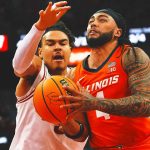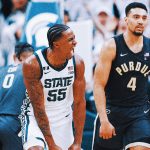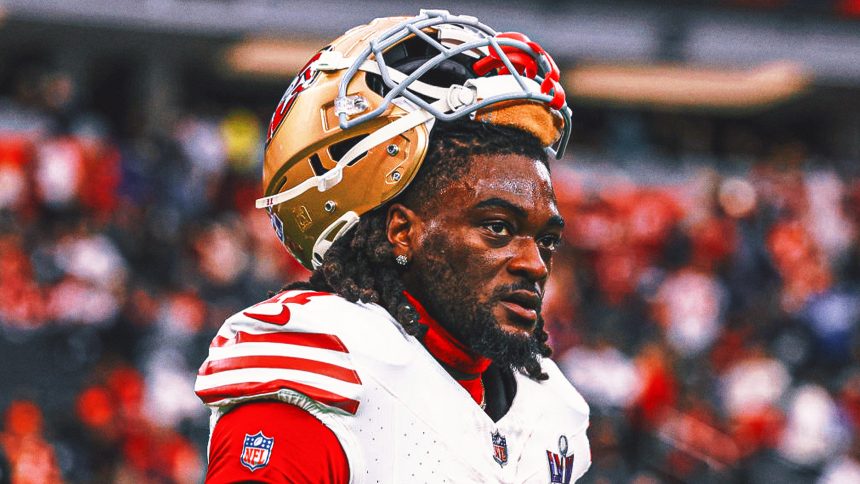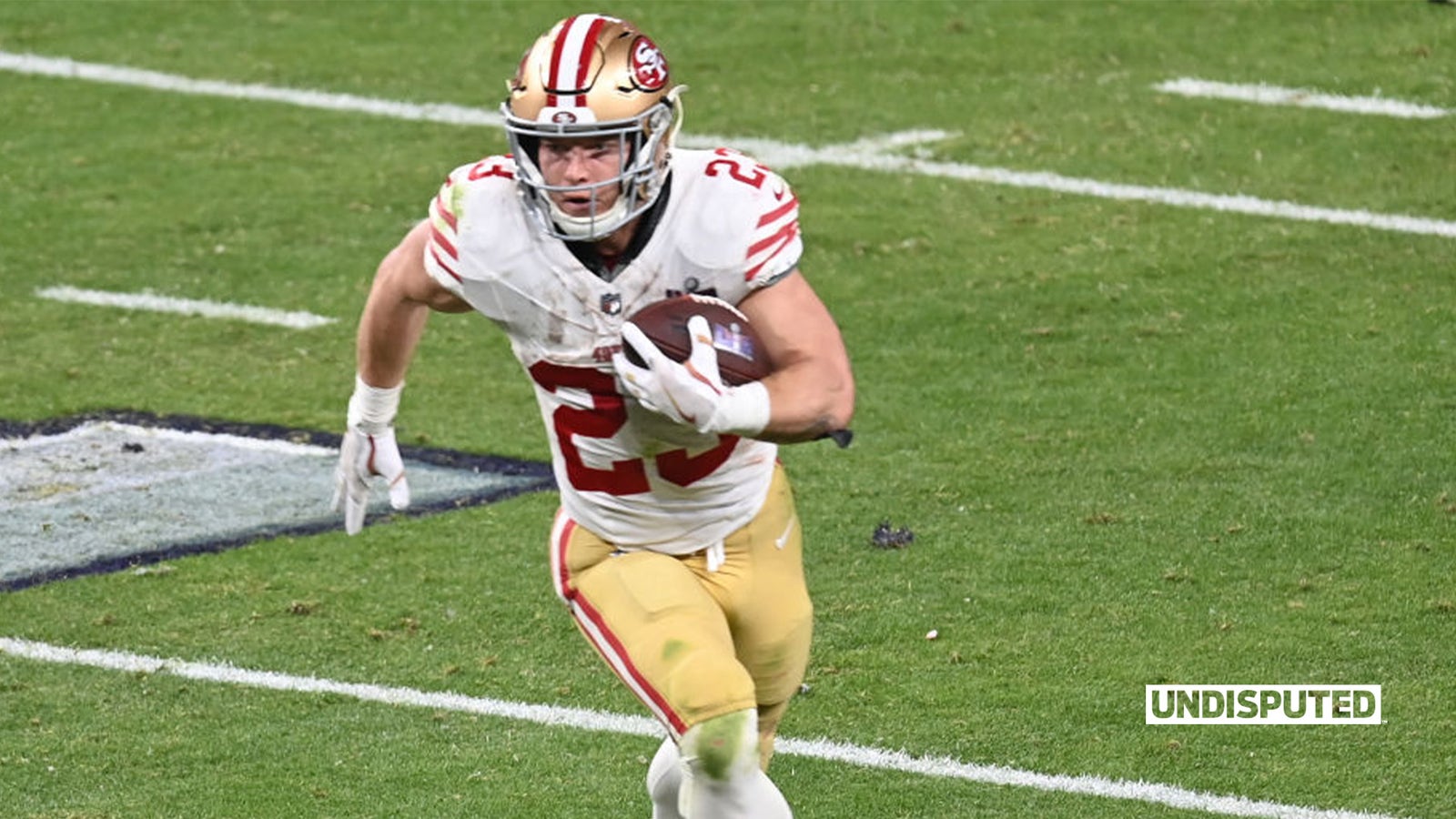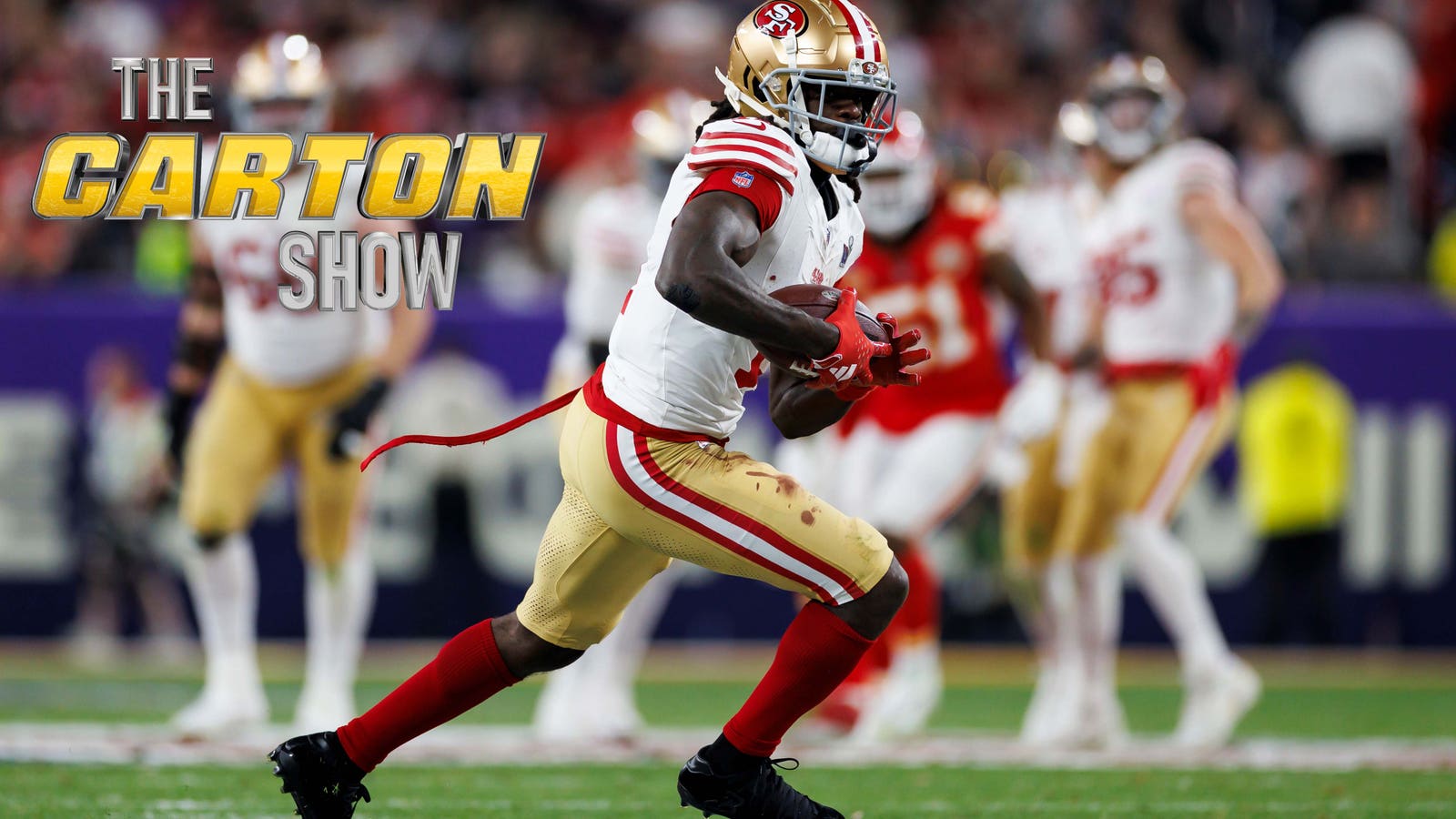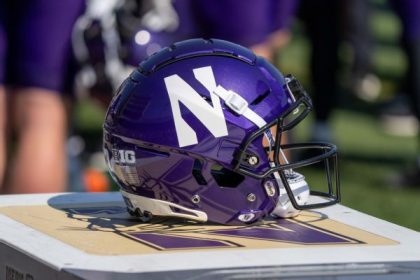Eventually, Brandon Aiyuk will get paid.
All the top receivers do, and there’s little doubt that San Francisco’s most targeted receiver in one of the top NFL offenses belongs in the conversation among the best pass-catchers in the league.
The question is whether it’s the 49ers or some other team that will pay Aiyuk.
In the past couple of years, the 49ers have paid the team’s other playmakers, including Christian McCaffrey, Nick Bosa and fellow receiver Deebo Samuel, who was in Aiyuk’s situation two years ago. That became a contentious negotiation during which Samuel asked to be traded before ultimately agreeing to a three-year, $73.5 million deal.
ADVERTISEMENT
After his second straight 1,000-yard receiving season, Aiyuk will make $14.1 million in 2024 on his fifth-year option. Samuel is scheduled to be the Niners’ highest-paid offensive player at $21.9 million in total compensation, followed by left tackle Trent Williams ($20.9 million), McCaffrey ($16 million), Aiyuk ($14.1 million) and tight end George Kittle ($14 million).
Now consider that Vikings star receiver Justin Jefferson just signed a four-year extension for $140 million. That’s an average annual value of $35 million. A.J. Brown averages $32 million per year, Amon-Ra St. Brown and Tyreek Hill average $30 million and, with his new deal, Jaylen Waddle now averages $28.25 million.
The receiver market is blowing up.
Meanwhile, Aiyuk did not show up to mandatory minicamp this week and could incur fines up to $101,716.
“Some guys come because they want to avoid a fine, and some don’t,” coach Kyle Shanahan said. “We know what the process is, we know what the business part is, and that’s just how they decide how they want to handle this week.”
Samuel said he’s talked with Aiyuk to offer his perspective.
“I know this is a stressful time and he’s done a tremendous job throughout his career here,” Samuel said. “When it comes to things like this, it gets tough. Some things you kind of take personal, and overall, it’s just a stressful process, to be honest with you.”
It may have gotten more stressful for Aiyuk on Tuesday, when the 49ers announced a contract extension with do-everything running back McCaffrey. It’s reportedly a two-year, $38 million addition to his current contract that pays him $24 million in guaranteed money. The deal puts McCaffrey at the top of the running back market at $19 million annually and keeps him in San Francisco until 2027, when the Stanford product will be 31 years old.
Paying McCaffrey is a no-brainer for Shanahan and general manager John Lynch. The NFL’s Offensive Player of the Year in 2023 led the league in scrimmage yards (2,023) and total touchdowns (21). He represented 30% of his team’s offense last season.
But San Francisco also gave No. 3 receiver Jauan Jennings a two-year, $15.4 million deal. The 49ers recently signed pass-catching tight end Logan Thomas to a one-year deal. And they drafted receivers Ricky Pearsall in the first round and Jacob Cowing in the fourth round, presumably to protect themselves if negotiations go sour with Aiyuk and his representation.
Lynch said after the draft that the team had moved on from possibly trading Aiyuk or Samuel, who addressed the draft-night rumors when talking with reporters this week.
“I heard it,” Samuel said. “I had a conversation with my agent about it. They were going back and forth with it, whoever it was. It was a thing at first, but we’re going to move past it. We’re here, and we’re here to get better.”
With San Francisco already ranking among the NFL’s top five in total compensation for the receiver room, perhaps Aiyuk has outpriced what the team wants to spend? He reportedly seeks a contract that will pay him well north of $25 million annually.
Quarterback Brock Purdy posted a 124.0 QB rating last season when targeting Aiyuk, who had 75 receptions for 1,342 yards, 7 touchdowns and a career-high 17.9 yards per catch. So are the 49ers prepared to make him their highest-paid player on offense? Is Aiyuk more valuable to the offense than McCaffrey?
Those are questions Shanahan and Lynch must work through as they figure out an equitable deal for the team and the player.
[Want great stories delivered right to your inbox? Create or log in to your FOX Sports account, follow leagues, teams and players to receive a personalized newsletter daily.]
FOX Sports NFL analyst Bucky Brooks notes that back in the 1990s, Mike Holmgren and the Green Bay Packers would draft young receivers who fit their West Coast scheme instead of paying big money for established stars. With the rising receiver market, maybe that strategy will come back around.
“It’s been proven now that these wide receivers can come from college and jump in, like Puka Nacua, and have production,” Brooks said. “And so, do the wide receivers begin to become a little more like the running back, where you pay for the top guys, but with the other guys, you get to a point where you’re like, ‘Nah, I may draft a guy.'”
Andy Reid, a former Holmgren assistant who runs a variation of the West Coast offense, took that philosophy with him to the Kansas City Chiefs, which eventually led to them trading electric playmaker Tyreek Hill.
Shanahan also runs a variation of the West Coast offense. Could he be thinking the same thing about Aiyuk? Time will tell.
Eric D. Williams has reported on the NFL for more than a decade, covering the Los Angeles Rams for Sports Illustrated, the Los Angeles Chargers for ESPN and the Seattle Seahawks for the Tacoma News Tribune. Follow him on Twitter at @eric_d_williams.
recommended
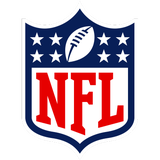
Get more from National Football League Follow your favorites to get information about games, news and more

